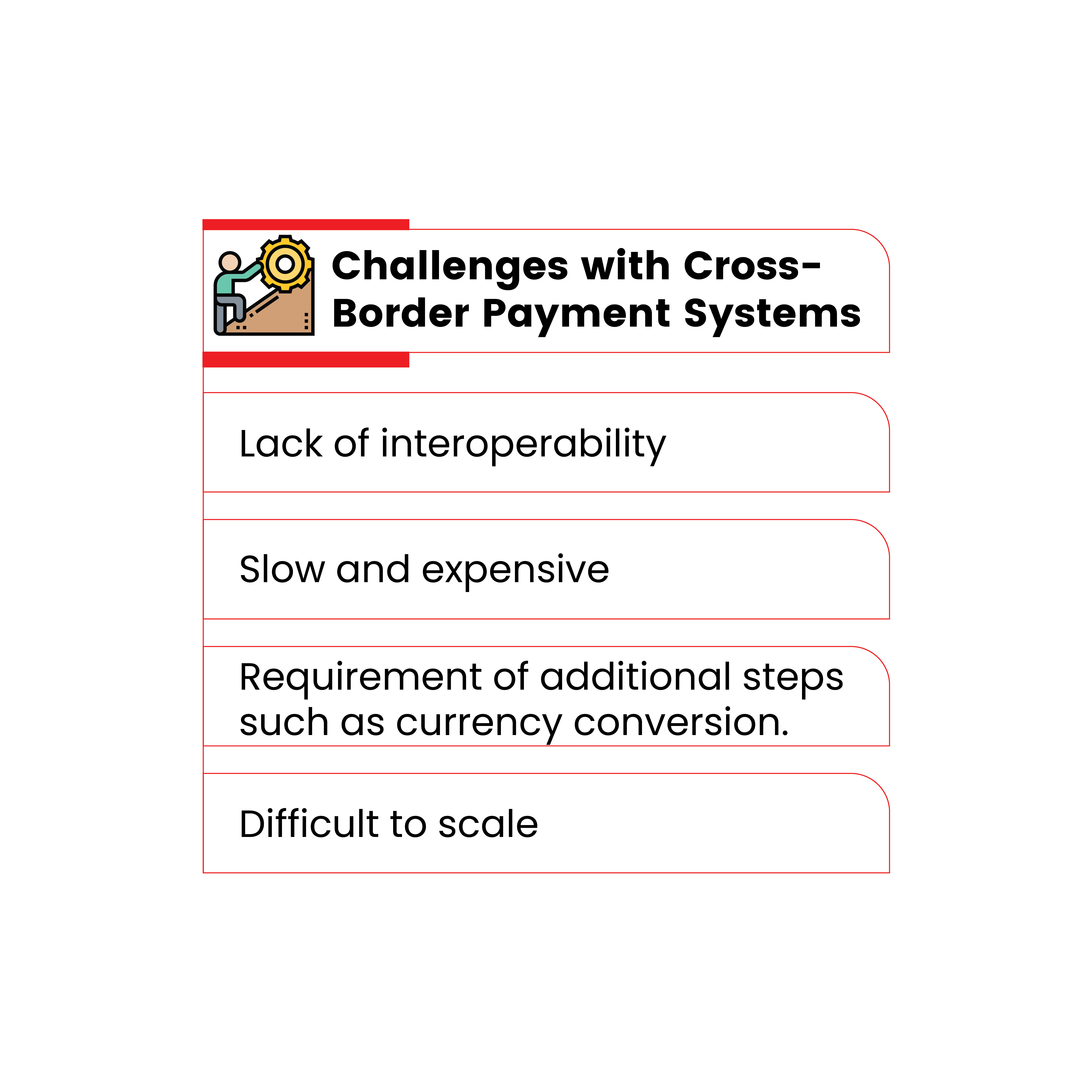Nexus is a multilateral international initiative to enable instant cross-border retail payments by interlinking domestic Instant Payments Systems (IPS).
- An IPS is an electronic payments system which facilitates inter-bank fund transfer and sends confirmation of payment to the receiver and originator within a minute or less. E.g. Unified Payments Interface (UPI).
About Project Nexus

- Conceptualized by the Innovation Hub of the Bank for International Settlements (BIS).
- BIS was established in 1930 with its head office in Basel, Switzerland and is owned by 63 central banks, including RBI.
- It will connect IPS of four ASEAN countries (Malaysia, Philippines, Singapore, and Thailand) and India and is expected to go live by 2026.
- Nexus is designed to standardise the way domestic IPS connect to one another.
- Rather than an IPS operator building custom connections for every new country to which it connects, the operator only needs to make one connection to Nexus.
- It aims to achieve G20 targets of enabling cheaper, faster, more transparent and accessible cross-border payments.
Benefits of Project Nexus
- Simplifies cross-border payments, reducing complexity, cost, and transaction time.
- It offers complementary low-cost and scalable rail for all payment service providers.
- It bridges gaps in interoperability by fostering standardisation and harmonisation across diverse systems.






